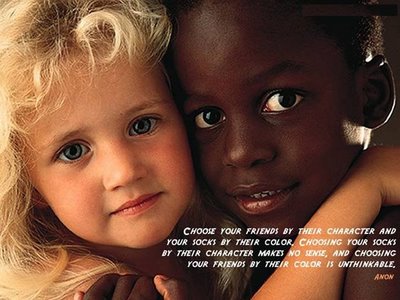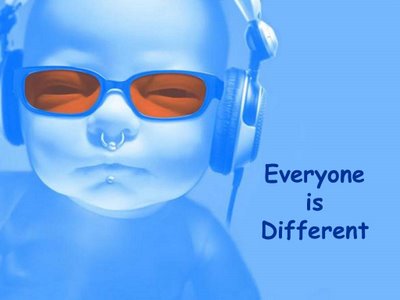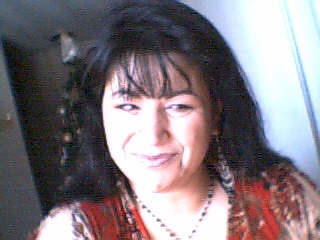
My son has always been a child who chooses his beliefs and arguments based on passion. He overflows with emotions when something means a lot to him. He is spontaneous. He has a very big heart and is one of the most compassionate young people I have ever met. His compassion has seldom made me more proud than in the spring of 1997, when he and I were on a ‘date’ with each other on the way to pick up a Dragon Ball Z action figure he had been doing little jobs in order to earn the money to purchase.
We were walking along, chatting in the direction of the store, when for just a moment I did not hear his voice. I turned in terror (Many know that feeling when you dread they have wandered off?) to find he had stopped in front of a young man in his 20’s who was sitting in the door way of a store panhandling for change, and dropped all of his hard earned money into this boy’s guitar case. I must admit the part of me I am not proud of that wanted to yell, “He really didn’t mean to give you all of it.” or, “He has been saving for weeks!” did not win over the other feeling I was experiencing. I am sure that at some point in each parent’s life there is that lump in your throat that signals an over whelming pride and emotion; that your child has taught you a lesson you will not soon forget.
For this reason I believe it is crucial to instill in our children an ability; moreover a desire to step outside their fortunate lives; with all their video games, DVD’s, full tummies, good health, loving families, and free education, to actually see those in life who are not as blessed. The lesson we need to teach them is not to be passive bystanders, and to acknowledge other people’s plights; to respect them to see them and their humanity, even when their situation is difficult for them to relate to.
Children can make big differences in the world
It's natural to want to shield children from situations in which they feel helpless .Yet this, many times reinforces the idea that children can't make a difference in their minds. By trying to protect them, we unknowingly encourage children to look away from the suffering of others. We miss the opportunity to share those teachable moments that build the bonds in our family stronger and build important characteristics in our children who will lead us in the future .We nurture passive bystanders (a young society who remain on the sidelines of society and allow situations to remain the same .World leaders say this poses a significant concern to our world today.
A few years ago many leaders attended an international conference with some of the greatest minds of this half a century, including the Dalai Lama. These learned individuals were gravely concerned that one of the major threats facing our world was not terrorism, but that our generation is raising a subsequent generation of passive bystanders. “How can this be?” you ask? In doing nothing we are part of the problem instead of a solution, and if everyone were to continue in this path of thinking, the problems in our world will only worsen.
Here are some suggestions that will not only help your child learn the lessons of giving, but will also unify your family by setting up a philosophy that, “We care and are grateful, and your children learn, grace and generosity








